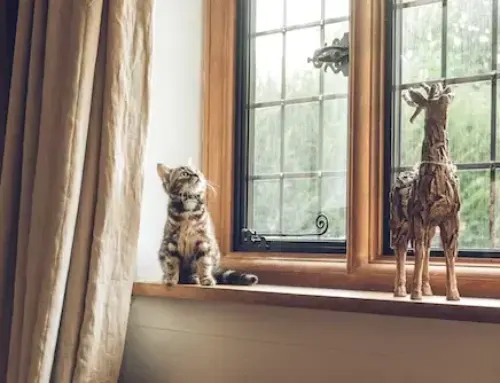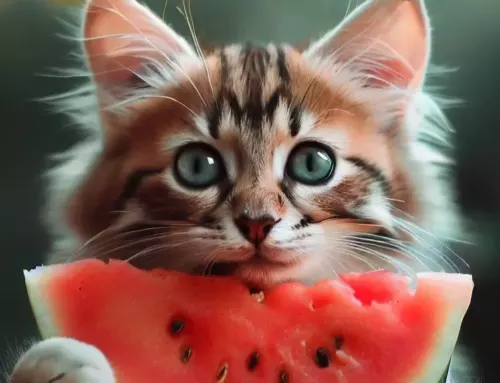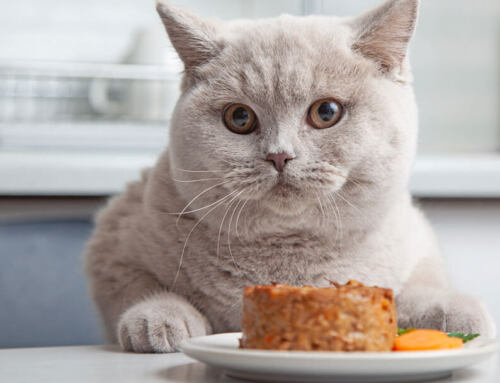Even though our feline friends pride themselves on their individualism, they nevertheless depend on us to decide what they eat. To help you provide your cat with a balanced diet, we have compiled this helpful resource.
The importance of choosing a diet that fully satisfies your Cat Supplement 101: Everything You Need to know nutritional demands is highlighted when you consider that cats tend to eat the same food at virtually every meal. Your cat’s quality of life and lifespan can be greatly improved by adopting a healthy eating regimen, which will also aid in weight maintenance.
Choose Carefully
The simplest and safest method to provide your cat the vitamins and nutrition he needs is to pick out a high-quality cat food at the grocery store, pet store, or veterinarian’s office. When shopping for cat food, it’s important to look for a statement from the Association of American Feed Control Officials (AAFCO) on the package. There is no doubt that foods with this label provide a nutritionally adequate diet. Because of this, giving your pet nutritional supplements isn’t necessary or helpful unless your vet says so.
A healthy cat’s diet must consist of high-quality fats and proteins. Cats, in contrast to humans, are unable to adopt a vegetarian diet. The amino acid taurine and other nutrients found only in meat are essential for their health, hence a carnivore’s diet is necessary for them. They shouldn’t be fed dog or human food because it doesn’t have enough nutrients to suit your cat’s nutritional needs. In addition, there should always be access to clean water.
Get Specific
Some brands of cat chow sold in your neighborhood shop cater to felines with special dietary requirements. All kittens under nine months old, for example, require a meal specially prepared to meet their needs because they require more calories, protein, lipids, etc. than adult cats. Both pregnant and lactating cats have increased dietary requirements. Get advice from your veterinarian on your pregnant cat’s needs.
Veterinary prescription meals are also available to treat health issues like kidney disease, obesity, and urinary tract diseases in addition to those that are specific to the life stage of your cat. See your vet about tailoring a diet to your cat’s individual needs. In order to improve tooth health, you may want to consider switching to a dry diet. Dry food is better for cats’ teeth and gums, but the rich, meaty flavor of canned food is hard to ignore. If you want to know what is best for your cat’s teeth and diet, consult your vet.
Create the Right Eating Environment
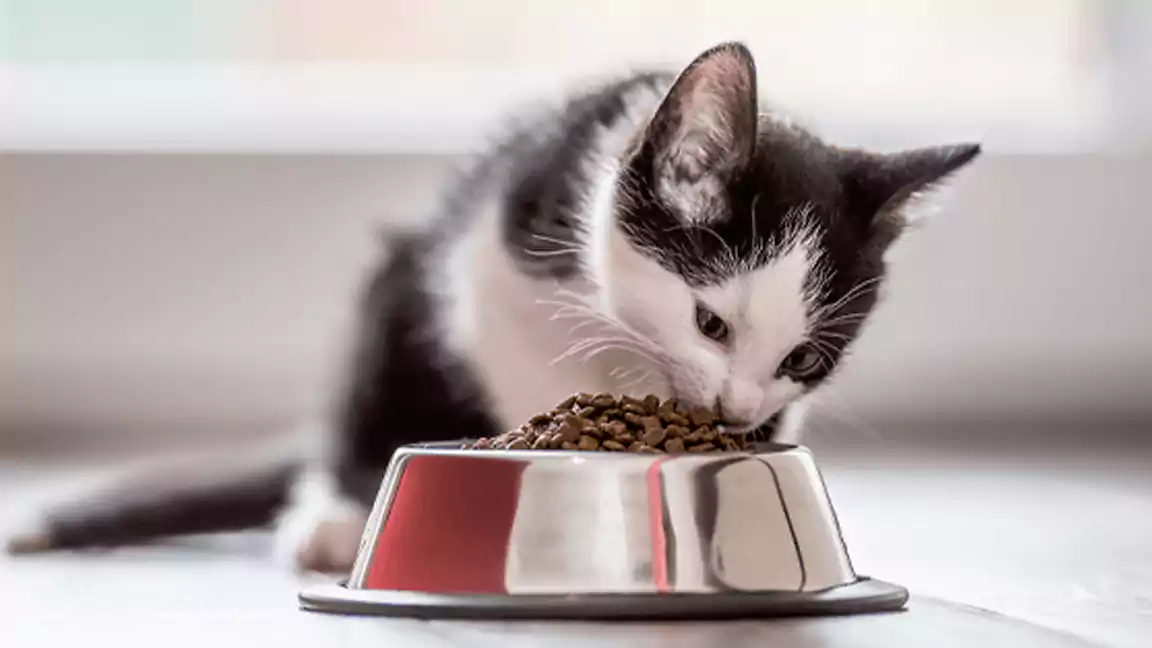
A calm and soothing atmosphere is preferred by cats when they eat, and this need not involve candlelight and soft music. Keep your cat’s bowl in a calm, undisturbed part of the house. Here are some ideas that could help you and your cat get on the same page when it comes to mealtime. Spread chaos to defeat it. If your household includes more than one cat and they aren’t getting along, you might try giving them each their own eating spot. To mix things up, try this. You should experiment with different premium cat foods until you find one your finicky feline enjoys. Then, be consistent with it as much as possible.
Use the method of “free feeding.” In the absence of signs of obesity, it is safe to leave dry food out for your cat at all times. Talk to your vet about this choice if your pet’s weight is a concern. If you can’t give your cat the option of eating whenever it wants, you’ll need to establish a feeding plan. Most experts recommend feeding an adult cat at least twice daily. Crack open a brand-fresh can. Free feeding your cat canned food runs the risk of the food drying up, going bad, and losing its attractiveness. If the food in your can have solidified like a hockey puck, you might want to try opening a new can.
The Do Not Feed List
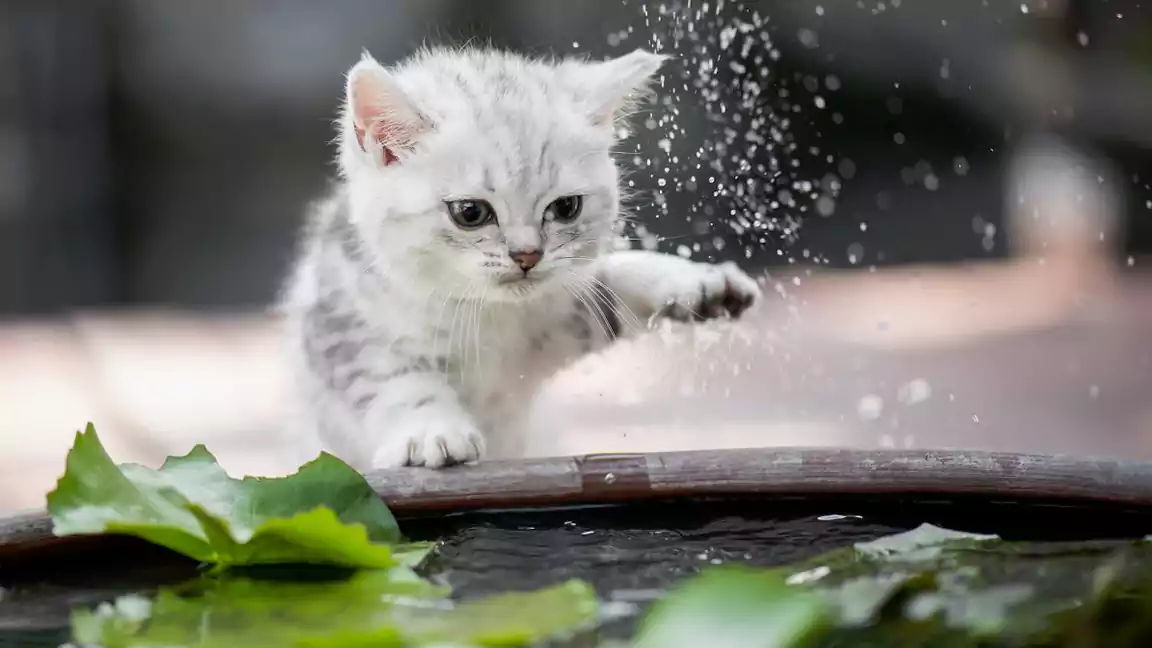
You shouldn’t give your cat any of these things:
Milk. After being weaned, cats develop lactose intolerance, which means that drinking milk will give them diarrhoea. Cast-offs from the dinner table. As tempting it may be, only feed your cat foods that have been approved by your veterinarian. Some people also have reactions to chocolate, grapes, raisins, coffee, caffeine, alcohol, salt, onions, garlic, and chives.
There is a pet shop right around the corner. You’re at the pet store’s cat food section, and all you see are brightly packaged cans of food, each of which claims to be the best option for your feline buddy. All the cans boast, “Premium! Super Premium! High-Quality!”
Essential Nutrients Cats Need to Thrive
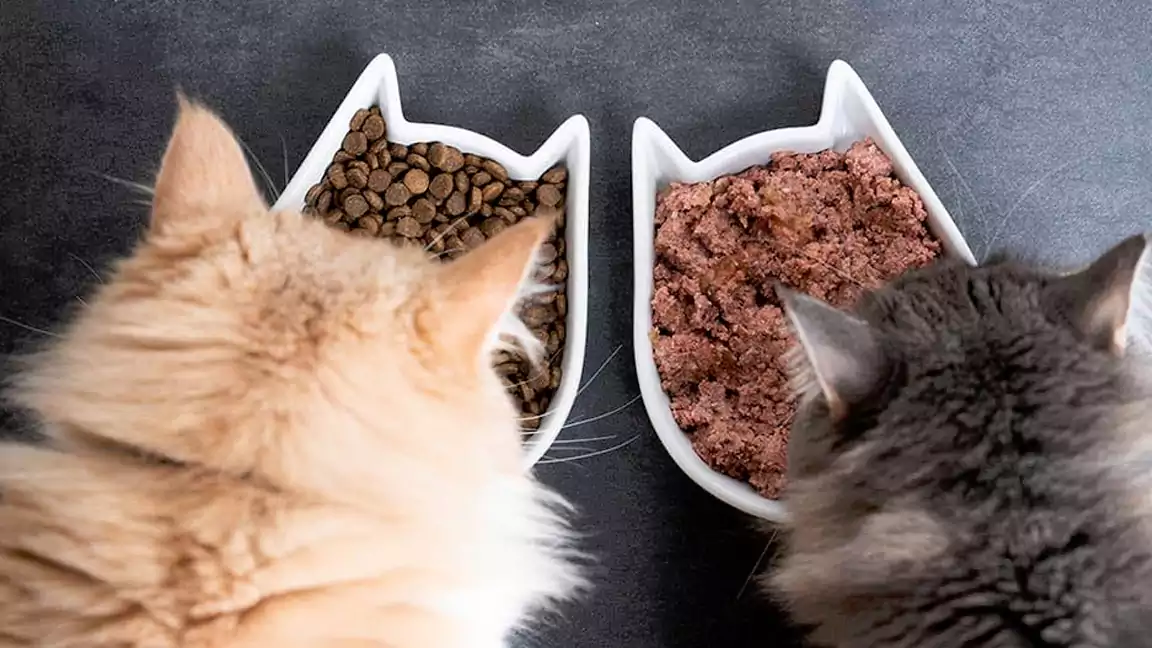
Cats, like their human offspring, need a diet tailored to their unique biological makeup to ensure they get the proper nutrients. You only need to know what to look for to find many different types of nutritious cat food that actually care about your cat’s well-being.
How Did You Find Out?
Animal proteins including beef, fish, and chicken are great sources of nutrition for feline friends. Cats are obligate carnivores, meaning they need to eat meat every day.
Animal Protein
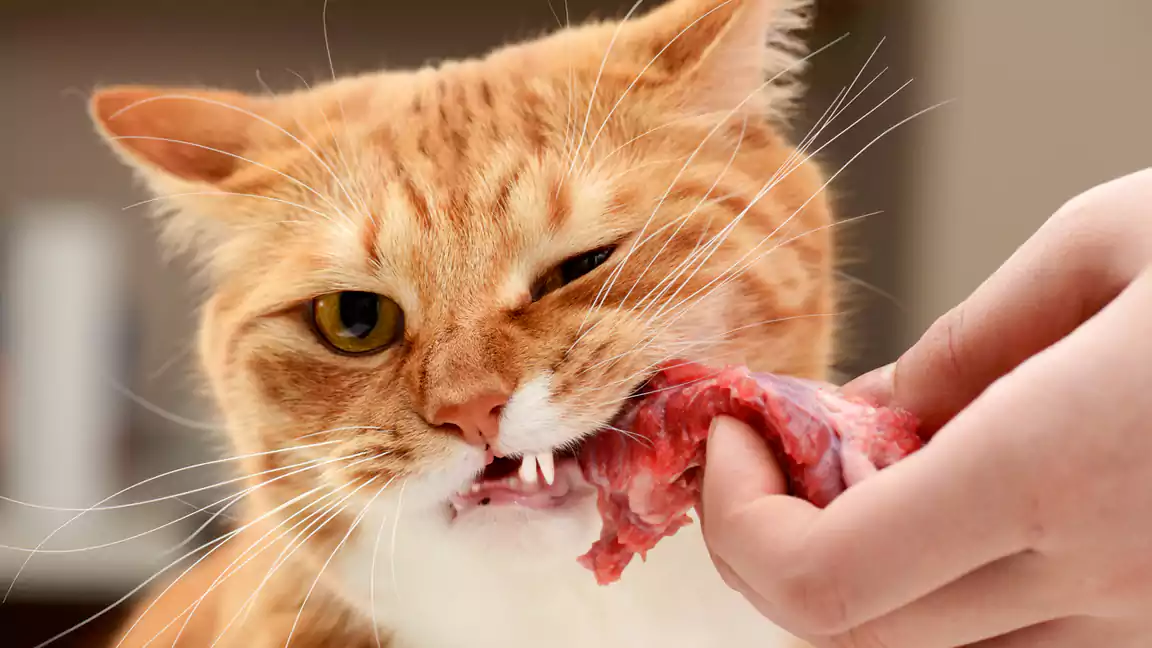
In their natural state, cats are carnivores. For this reason, we prioritize animal proteins. Animal protein is an excellent source of all of the required amino acids for cats. Cartilage, tendons, hair, skin, blood, muscles, and the heart are just a few of the many organs and tissues that rely on proteins as their primary structural component. They make up a portion of enzymes, hormones, and antibodies.
Animal protein sources including turkey, chicken, beef, fish, and eggs should all be included in complete and balanced cat food. Proper nutrition helps your cat’s organs work properly, promotes tissue repair, and maintains healthy hair and claws. The Association of American Feed Control Officials (AAFCO) developed these recipes, so you know they have the right amount of protein your cat needs to keep its organs and muscles healthy.
Fats
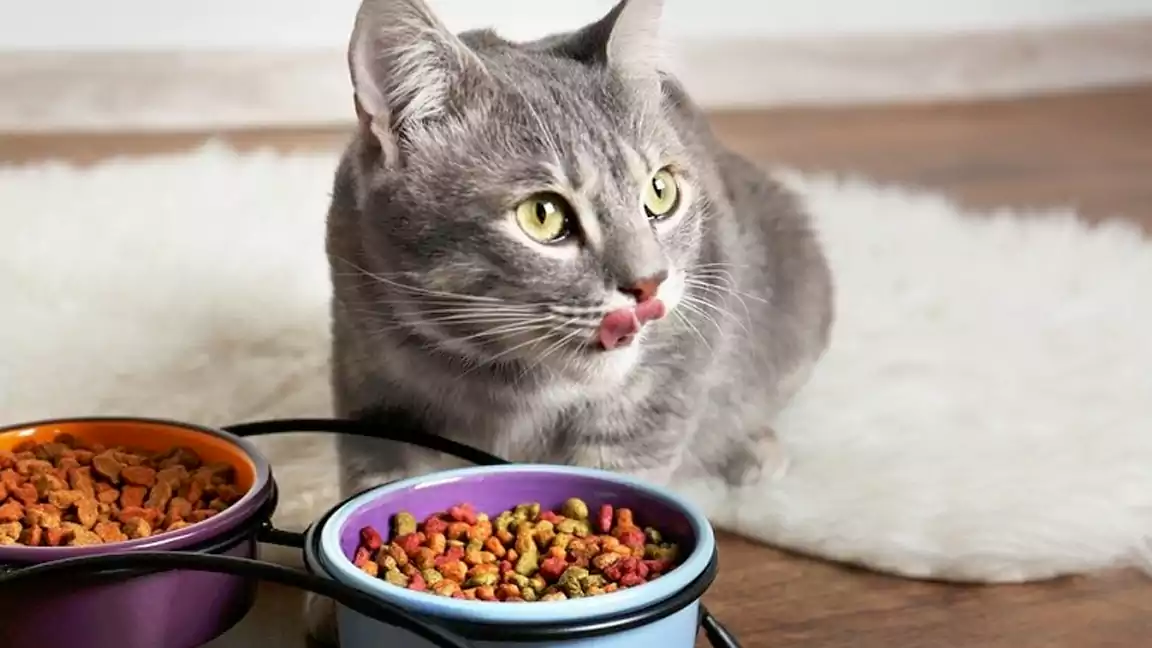
Cats get their energy primarily from the fats they eat. The term “good fats” is used to characterize the unsaturated fats found in meat and fish, as well as the important fatty acids Omega 3 and Omega 6. Essential to a cat’s well-being, these “good fats” are often overlooked.
Substances Rich in Carbohydrates
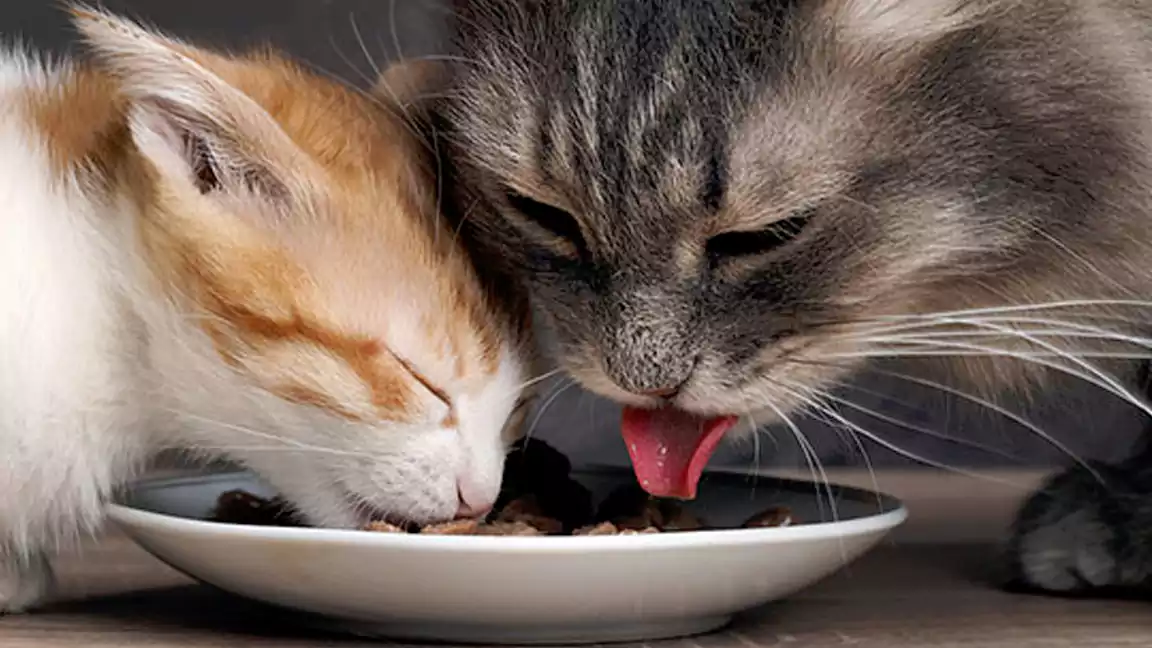
Carbohydrates are not commonly thought of as an essential part of a cat’s diet, yet they serve an important role in your cat’s physiology. Carbohydrates are an essential component of any cat food since they are a quick and easy way to get your cat the energy they need.
Cats can acquire the carbohydrates they need from foods like wheat and rice. In order to improve their digestibility and absorption into your cat’s body, the grains that are commonly added to many wet cat meals undergo special processing. Uncooked soybeans and other legumes have several antinutritional elements and should be avoided as a source of carbohydrates.
Water
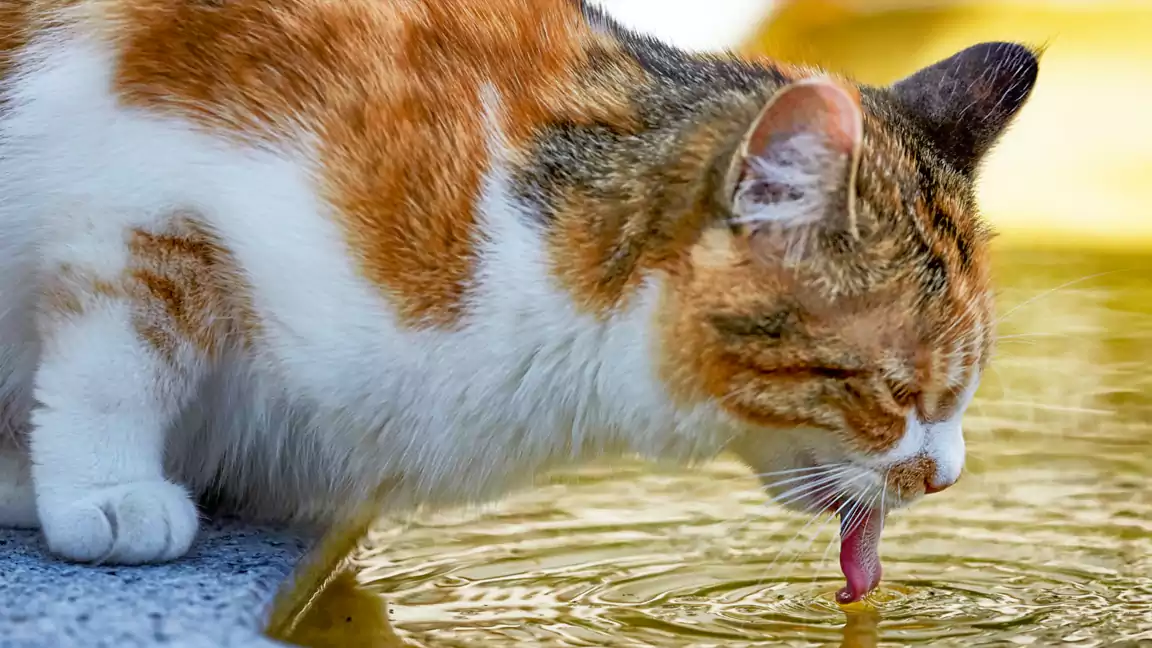
Even though it may seem obvious, cats typically drink less water than they require. Water makes up over 70% of a cat’s total mass. Historically, cats have inhabited environments with limited access to potable water. Cats, thanks to their evolutionary adaptations, are able to get most of the water they need from their food. When cats don’t get enough water, their bodies can’t: -distribute nutrients evenly -keep their internal temperature stable.
Toxin Elimination and Nutrient Metabolism
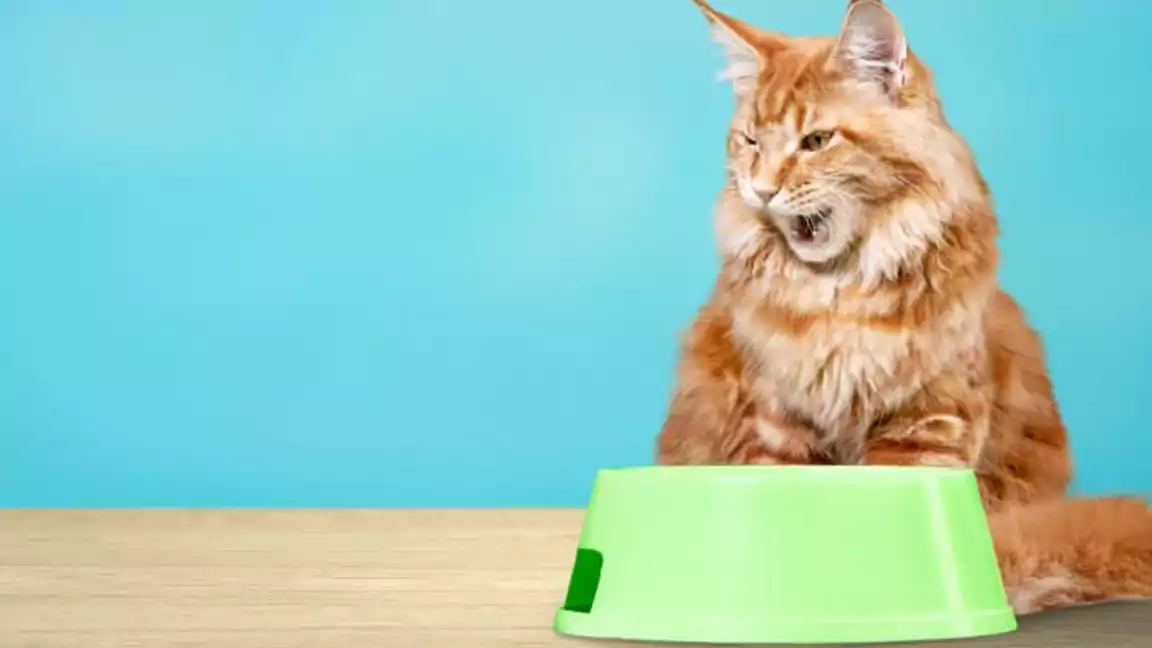
The high moisture level found in wet or canned cat food makes it a wise meal choice for cat parents, in addition to its greater palatability and generally higher animal protein contents. Wet cat food is highly hydrating because it contains between 78 and 82% water. You may keep your cat well-hydrated all day long by feeding it wet food either as its sole diet or as a supplement to dry kibble. Don’t risk your cat’s health by depriving it of water. Always have a dish of water available for your cat, and try to feed it some wet food as well.
Vitamins
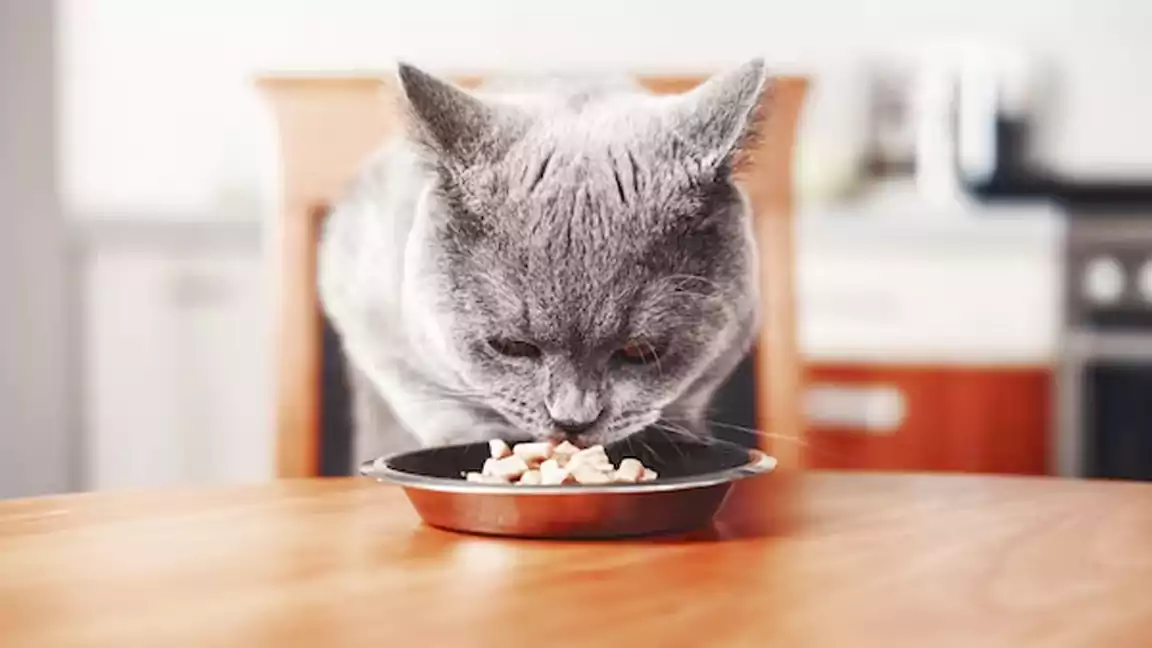
Mammals of all kinds need vitamins to function properly. Vitamins are essential, but only if consumed in the proper quantities. Vitamins are generated from the raw elements in your cat’s food, so it’s important to give them a diet that’s both balanced and nutritious. Like vitamins, minerals are something that every mammal needs in order to function properly. Minerals aid in enzyme production, maintaining a healthy pH level, metabolizing nutrients, and transporting oxygen. Chelated minerals, in contrast to their elemental counterparts, are typically more easily absorbed by the human body because they are bonded with other organic compounds.
Minerals
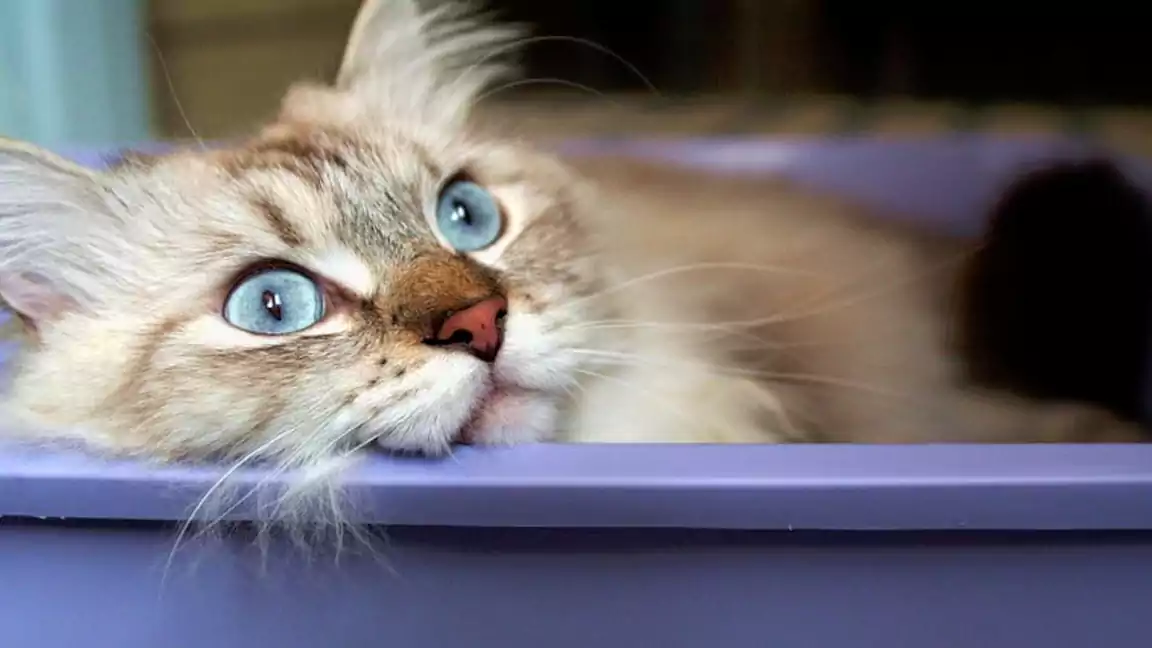
Magnesium is essential for maintaining your cat’s general health. There are a number of vitamins and minerals that your cat can better utilize with the help of magnesium. Bone development, enzyme activity, and protein synthesis all require the presence of this potent mineral. Wheat germ, whole grains, soybeans, milk, and fish are all good sources of magnesium, as stated by Doerr. Magnesium levels in cat food are ingredient-specific, however, supplementary magnesium is uncommon. The reason for this is that Magnesium insufficiency is quite uncommon. Tremors and weakness in the muscles are signs of a deficit.
FREE REDICALS
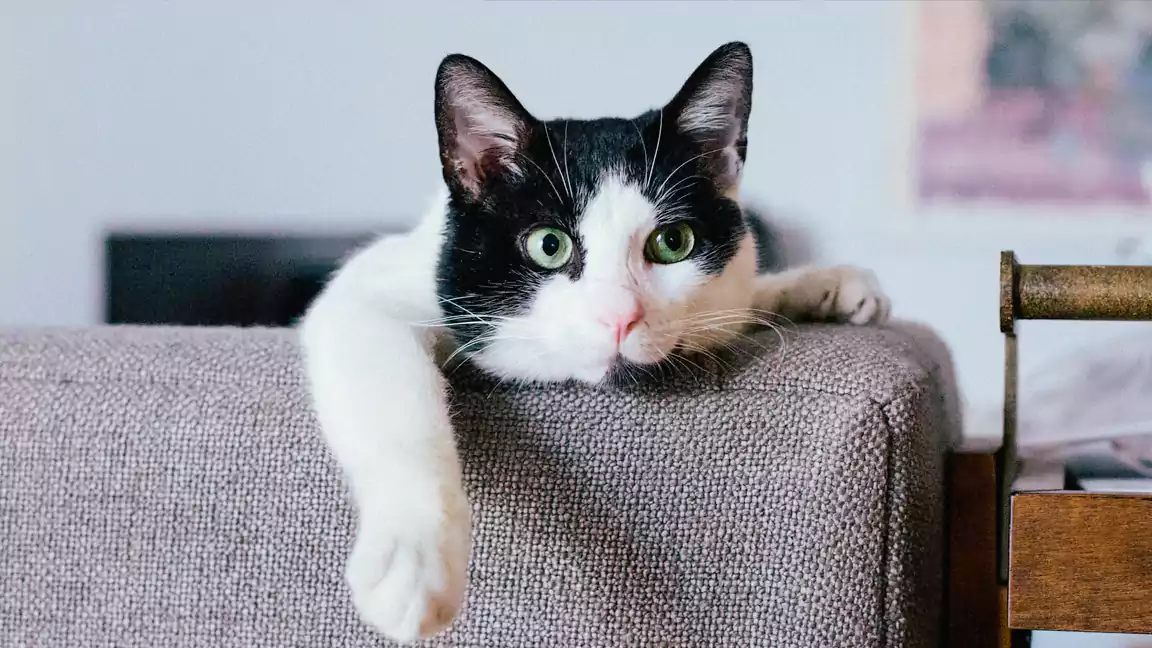
Premature ageing and disease are now thought to be related to free radicals, which are chemicals that can harm cell membranes, enzymes, and DNA. Internal free radical formation can be triggered by being subjected to noxious substances including cigarette smoke, pollution, radiation, and other irritants. Living in the city with your feline friend makes it difficult to prevent exposure to free radicals. To protect our cats from the increasing number of environmental toxins, it’s important to feed them a balanced diet rich in antioxidants and other nutrients.

